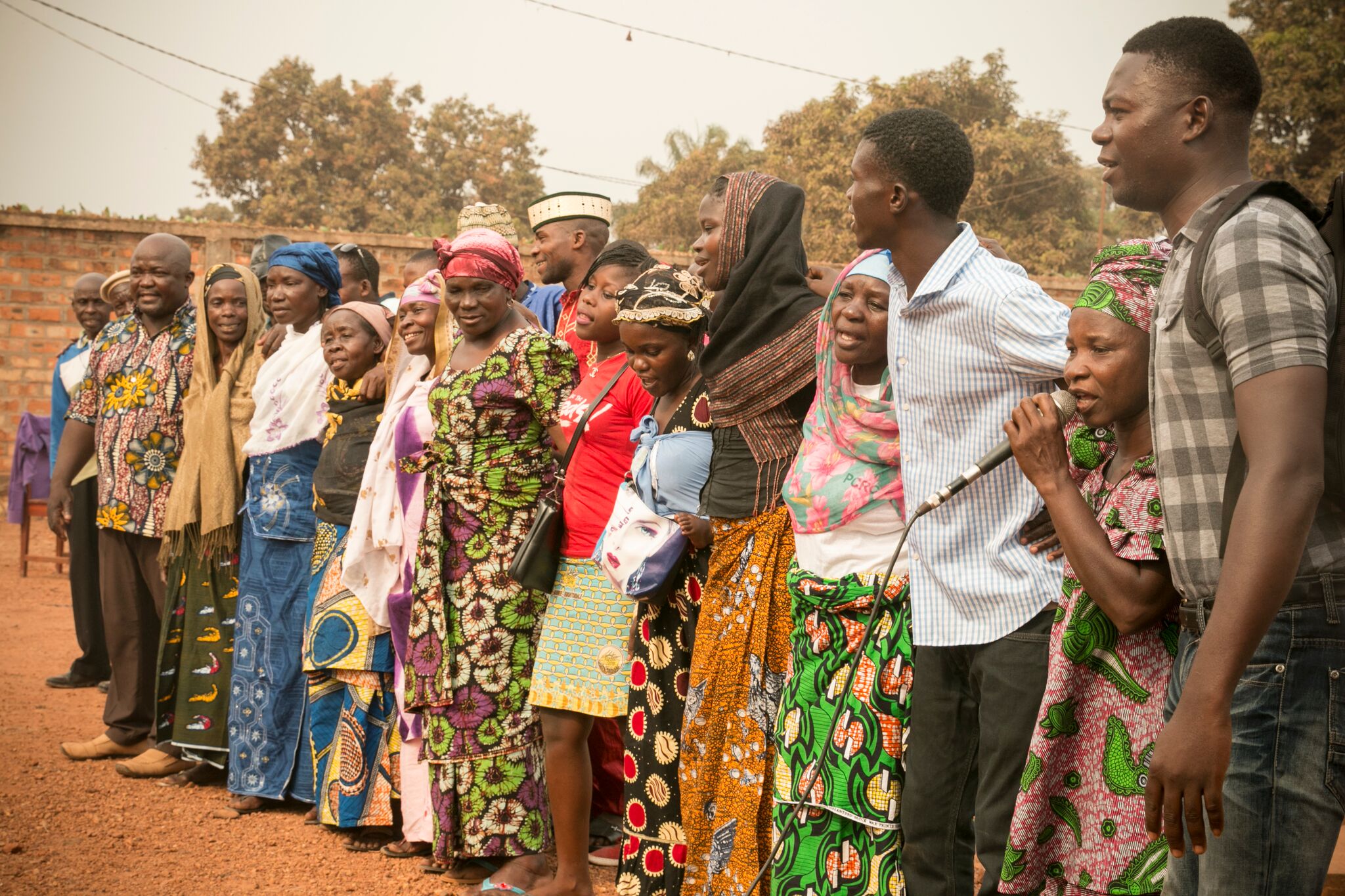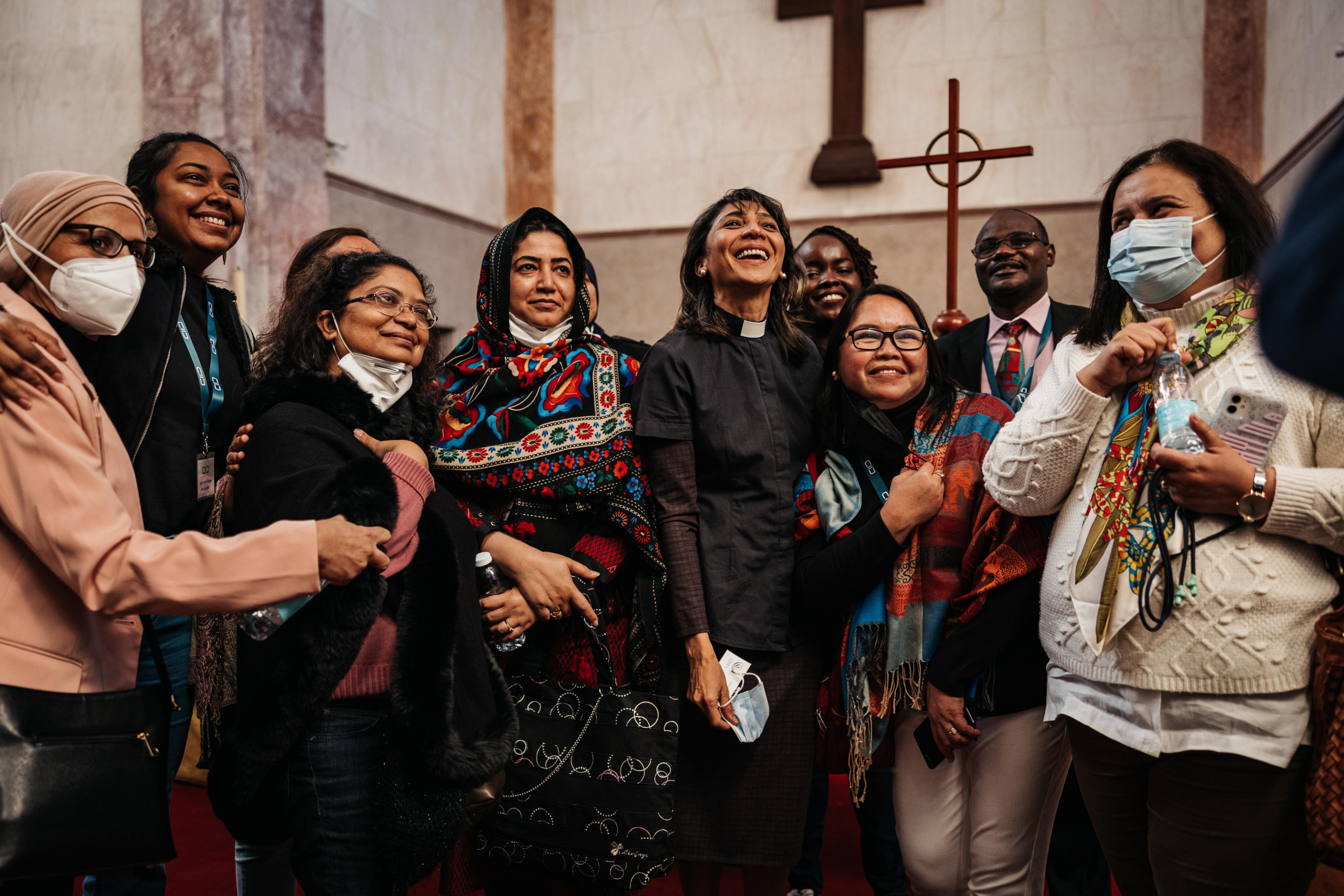Dialogue Voices
The Dialogue Voices are personal accounts of interreligious commitment and experience. They show approaches to, and forms of, interreligious dialogue, and its impact and context on a local, national, or global level. They represent a cross-section of dialogue experiences and its impact worldwide.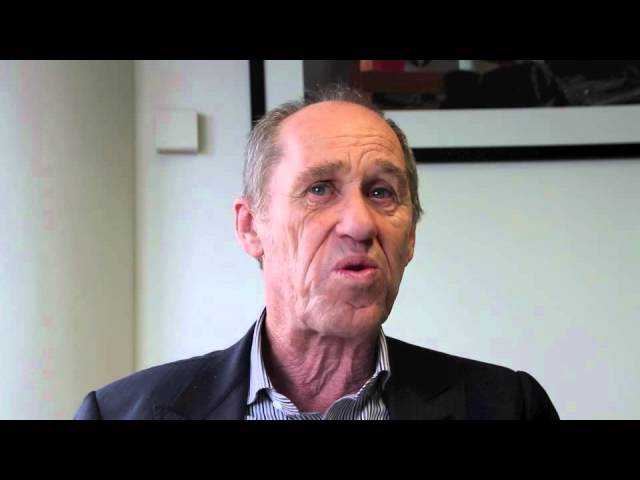
Connecting Peace and Interreligious Dialogue in Australia
The Founder of the Institute of Economics and Peace speaks about the importance of Interreligious Dialogue for Peace endeavours and explains how its impact can be measured and and assessed.
The Institute for Economics and Peace (IEP) is an independent, non-partisan, non-profit research organization dedicated to shifting the world’s focus to peace as a positive, achievable, and tangible measure of human well-being and progress. It achieves its goals by developing new conceptual frameworks to define peace; providing metrics for measuring peace; and, uncovering the relationship between peace, business and prosperity.
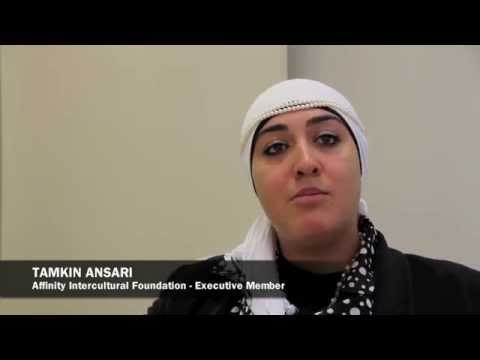
Paving the Way for Interreligious Dialogue in Australia
The Dialogue Voices clip adresses the activities of Affinity as well as how to face and overcome challenges in their interfaith work.
Affinity Intercultural Foundation was formed by a group of young Australian Muslims in 2000 and incorporated in 2001, to meet the needs of the Muslim community in interacting with the greater society along with the needs of the general public to increase its awareness of the Muslim community, its religion and culture.
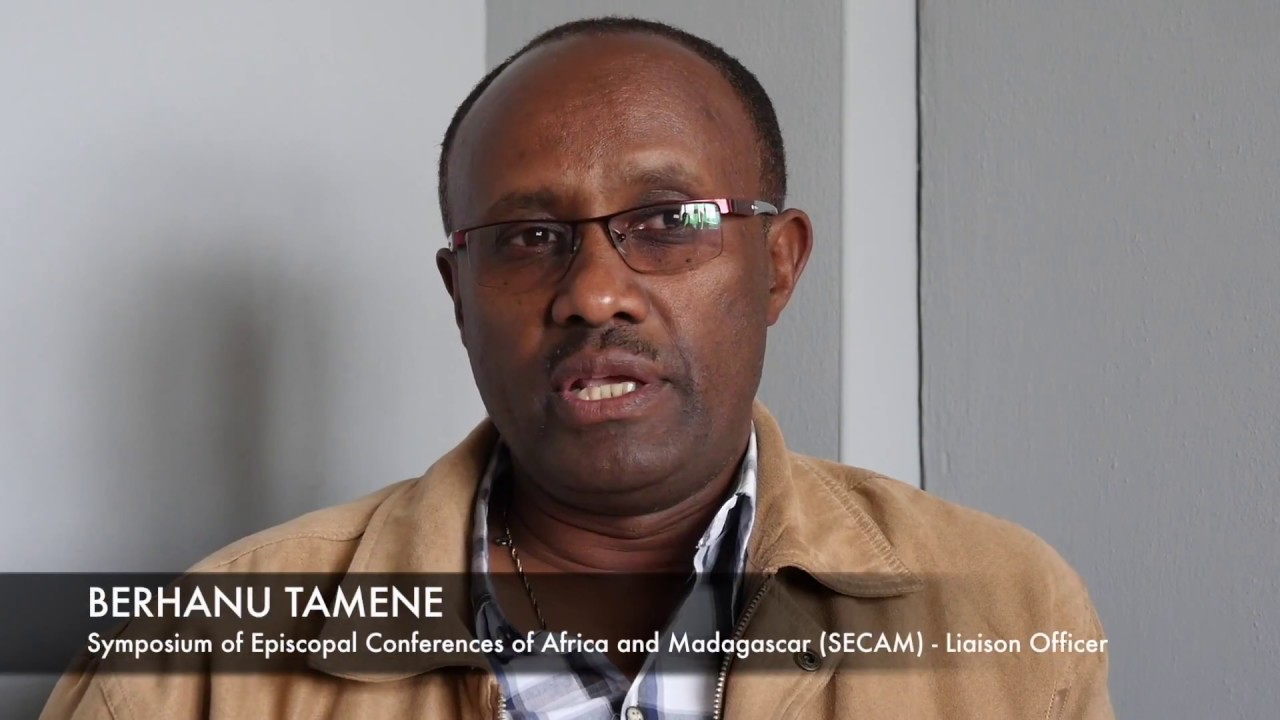
Interfaith Dialogue in Ethiopia
Berhanu Tamene explains the ambitions of the Symposium of Episcopal Conferences of Africa and Madagascar and the aspects that are important to interfaith dialogue.
The Symposium of Episcopal Conferences of Africa and Madagascar (SECAM) was founded by bishops, cardinals, and priests who were sympathetic to the ideas of Pan-Africanism. Specifically, the idea of uniting people as one body to work towards prosperity, progress, peace and justice for all. Berhanu Tamene discusses one of the strategies used by SECAM at the grassroots level in order to avoid conflict and incidents through the teaching of the interreligious council’s peace building manual, which is designed for use by all faiths.

